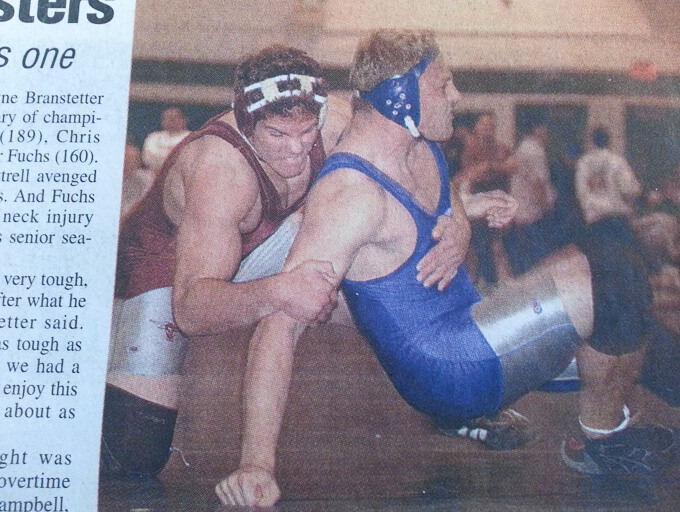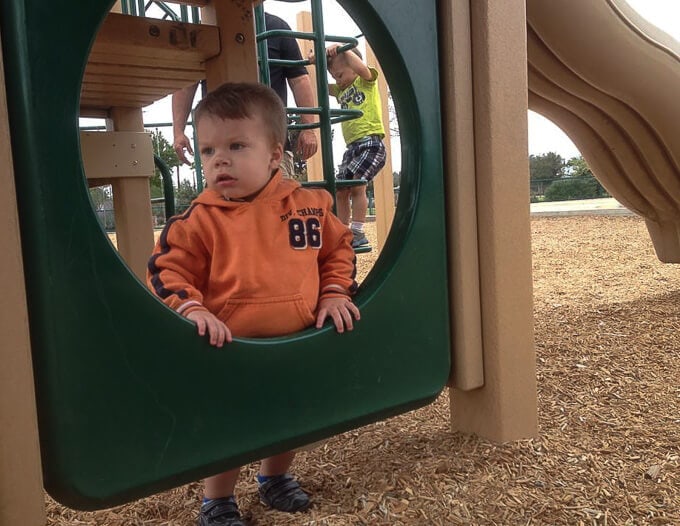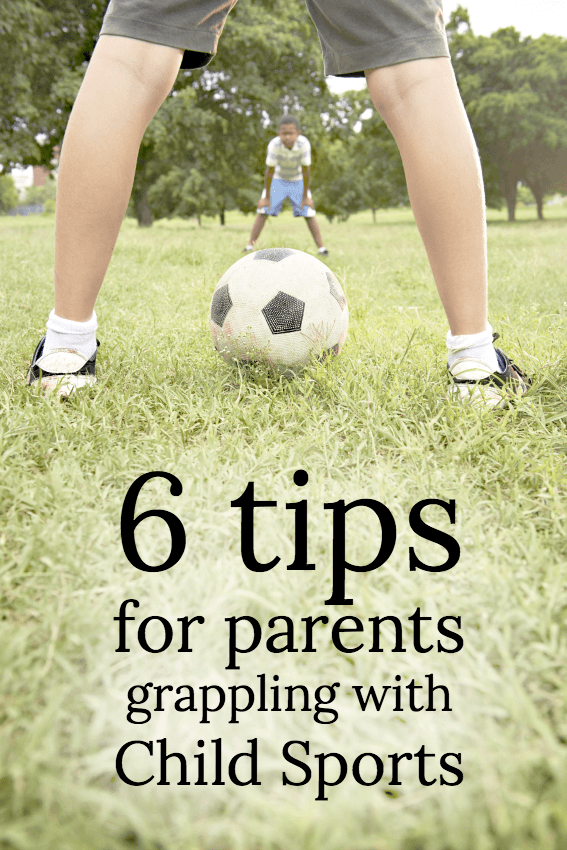My husband is an athlete, through and through. Child sports were part of his upbringing, and competition runs in his blood.

Excelling at no less than three sports at any given time, football eventually paid his way through college.
I, on the other hand, am not exactly what you'd call a team player. An independent worker, I'm intensely self-motivated. I absolutely believe in the benefits of child sports (increased academic performance, improved self-esteem, the list goes on), but I never particularly excelled at athletics.

The dichotomy became a little bit more apparent after Nate and I started having kids. American society places a huge role on sports in our children's lives. I noticed jersey numbers arbitrarily placed on their playground clothes. Athletic-themed onesies filled our drawers and our infants were wrapped in tiny blankets covered in footballs and basketballs and baseballs before they could say their first word.
The fact that we quickly had two boys (and a third on the way) elicited comments from strangers. “You're working on your own offensive line there, aren't you?” My children are GIGANTIC in comparison to their peers, further driving the discussion. “I bet you have recruiters busting down your door already!” I certainly have no qualms with my kids playing sports. I want them to be driven, and I definitely want them to have somewhere constructive to expend their endless energy. But most important to me: I want them to be their own people.

I want them to know that what they do with their own lives is their choice.
I've become extremely interested in the way that athletics can mold young minds in both positive and negative ways. At this delicate age, care must be taken to frame child sports against the rest of the world.

My tips for parents grappling with the intense world of child sports
- Be realistic. There are upsides and downsides to child sports. Learning about hard work is balanced against too much aggression, teamwork puts children in situations for potential bullying, confidence-building brings inevitable disappointments, skill-development comes at a risk for injuries. Talk through the positives with your child to reinforce those lessons, and prepare them for the occasional setback.
- Emphasize choice. Don't force your children into child sports. As JA Patterson says, “Some decisions will be made by the parent; most by the athlete.” Don't feel the need to rush into sports to give them a competitive advantage. Keep in mind that many, many professional athletes got a late start. Michael Phelps didn't learn to swim until 7 years old and didn't get serious about it until he was 11! Encourage exposure but know that in order for them to succeed, they need to make a conscious choice to try.
- Support them. Take a minute to think through every child sports question, every opportunity for involvement. Be positive, not pushy. Lend an ear, be present, and let the coach do their job.
- Focus on effort instead of talent. Praise effort over and over and over again and don't focus purely on ability. Whenever my children succeed at something, I make a point to say, “I'm proud of how hard you worked to do that” as opposed to, “Look how smart/talented/awesome you are.” In spite of size or genetics or personal traits, the things that really separate professional athletes from enthusiasts are practice and sheer determination.
- Don't compare. Just as it is important to emphasize effort over talent in child sports, it's important to see your child's growth against his or her own personal bests. Resist the urge to point out how other children may do something better or to create benchmarks based on siblings or cousins. If your family is particularly athletic, take extra care not to mark your child's success against your own child sports career.
- Accept mistakes. The world of child sports is rife with careless errors. Every athlete gets nervous, makes missteps, and will even display an egregious lack of common sense from time to time. As John Wooden used to say, “If you're not making mistakes, then you're not doing anything.”
What are your key tips for managing child sports?